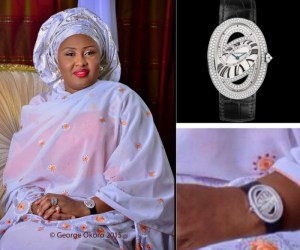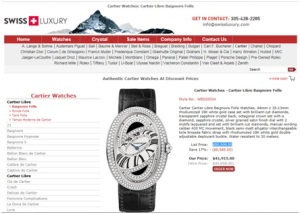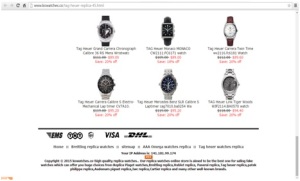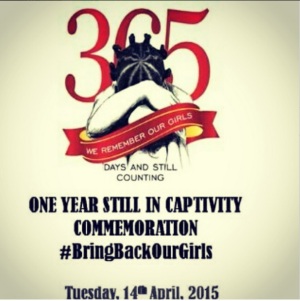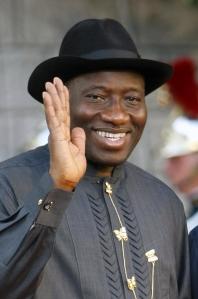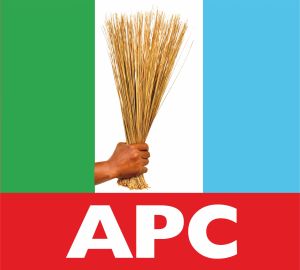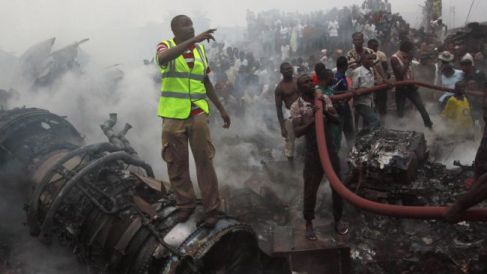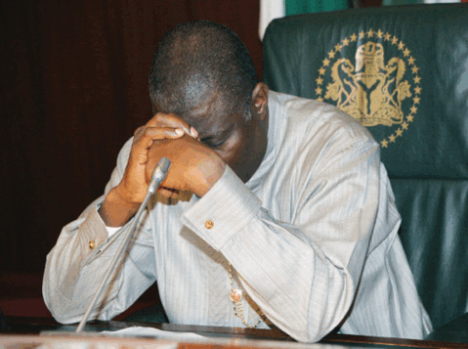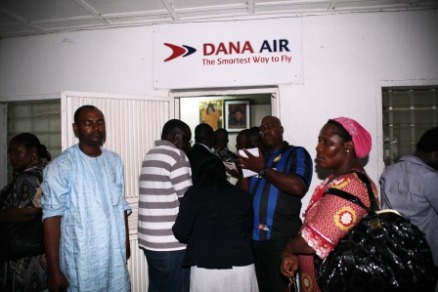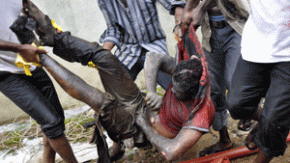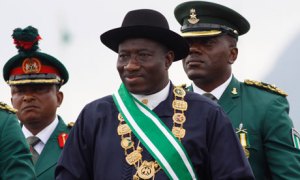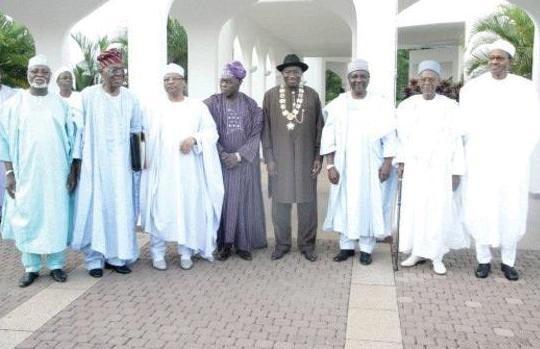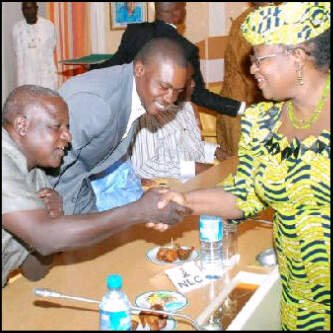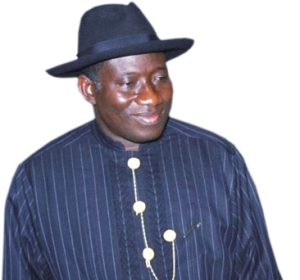Woe Betide Criminal Justice system of Nigeria : Lessons to learn
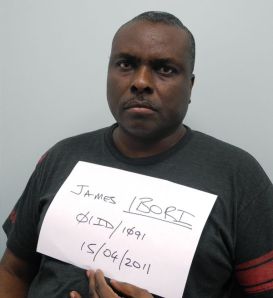
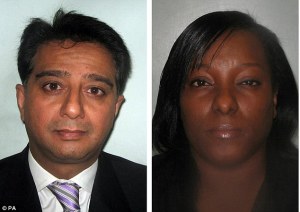
I will start again today by reiterating the words I have often quote:
“A nation which has forgotten the quality of courage which in the past has been brought to public life is not as likely to insist upon or regard that quality in its chosen leaders today – and in fact we have forgotten. ” – John F. Kennedy
When I woke up on the 18th of April on the comfort of my bed all I could think of was how to plan my day and live a crime-free and unhindered day as I wish. I am sure you did the same if you were not reading this from Scotland Yard or someplace of that sort. That aside, what caught my attention on the said day was the sentencing of James Onanefe Ibori who was formerly a cashier for Wickes (a DIY store in UK) before becoming a two term Governor of Oil-rich Delta state and a presidential aspirant.
If my memory serves me right, while I was in the university studying my bachelors law degree (about Seven years ago), we were examining the initial trial of James Onanefe Ibori who was convicted in 1995 for Criminal breach of trust but contested and won the election to become a governor. The position of the constitution was almost beyond clarity on this:
on section 182 (1) (e) of the 1999 constitution which provides: � No person shall be qualified for election to the office of Governor of a state if within a period of less than ten years before the date of election to the office of Governor of a state, he has been convicted and sentenced for an offence involving dishonesty or he has been found guilty of the contravention of the code of conduct.
Quare 1: should he have scaled through screening to stand for the election in the first place without this cropping up?
On the verge of his re-election, some contestants for the Guber seat of Delta state, Messrs Godnews Agbi and Anthony Alabi challenged his eligibility to stand in election and seek to disqualify him from the election. No thanks to the immunity clause, Ibori was not answerable to the court and instead PDP were the defendants who argued that it was not ibori that was convicted but his name was put on the record of another [one Shuaibu Anyebe].
Ibori sworn an affidavit that he has never been convicted in his life. This is a man that has been convicted in the UK for 2 different offences:
- In 1991, while he was a cashier at Wickes, he let his wife through the checkout without paying for the goods she picked in store, He was convicted and fined.
- He was found in possession of a stolen credit card spent to the tune of 1,000 pounds a year later. He was convicted and fined again.
Still, he was never convicted!
The trial court in a bizarre decision which (still) runs contrary to common sense stated that Ibori’s name was the one on the court case. Though the court agreed that he was sentenced but in the interest of justice could not confirm that he was convicted!
As naïve as law student I was then, I could not put my head around the judgement till today.
Quare 2: can there ever be a sentencing without a conviction? My humble submission which stands to be corrected is that, a sentencing follows a conviction, there can’t be a sentencing without conviction but we can have a conviction without sentencing. – Opinions are welcome at comment box.
On Appeal, the court of appeal held that On James Onanefe Ibori was convicted and sentenced but ordered retrial for ascertainment of identity. Ibori hastily approached the Supreme Court led by Hon. Justice Muhammadu Lawal Uwais (CJN rtd). There, a full court of seven justices of the Supreme Court including the Chief Justice of the Federation heard the case and affirmed on February 6, 2004 that a James Onanefe Ibori was convicted.
But the apex court said that evidences were not led at the trial court on the identity of the James Onanefe Ibori that was convicted. The verdict of the Supreme Court on the genuity of the conviction came exactly one year, three days after the case was initiated at the Gwagwalada high court, Abuja. The apex court, in its judgment, however ordered retrial in the case, as earlier did by the court of appeal on April 16, 2003, with a view to identifying whether the James Onanefe Ibori that was held convicted is the same Chief James Onanefe Ibori serving as Governor of Delta state. – What a waste of time!
On retrial, Justice Awwal Yusuf [the earlier judge that convicted James Ibori] testified that it was the same Ibori he convicted 9 years ago was the same in the government house. In Ibori’s defence, he called witnesses who testified that the trial judge was a pathological liar. Police Final Report indicted Governor Ibori. The Abuja high court dismissed the case against Ibori, saying he was not sufficiently identified.
The above is to show how notorious Ibori has been as far as corruption is concerned. He reeks of it. But who is to be blamed more? I say our Criminal justice system. How can we not have a good record of our convicts? If the National population census is impossible – I don’t think this should be as difficult.
Now to the substance of the discourse, after Ibori’s tenure, the EFCC hounded him. No thanks to the devil’s advocate – the then Attorney General of the Federation, Mike Andoaaka who vehemently stood in the way of the commission and badgered it till Ibori walked unhindered in Nigeria for misappropriation of well above fifty-billion naira [#50,000,000,000]. Andoakaa really took the case personal and his interest was called to question.
Unfortunately, Money Laudering is an offence with dual effect – sometimes its place of commission can be either the place the money-worth was taken or where it was spent. Let me define it in the shortest term possible:
Money laundering is a process of concealing the source of legally and illegally and grey area obtained monies.
This slideshow requires JavaScript.
The UK government convicted Ibori along with some members of his family – he pocketed £50million which he splashed on a life of luxury including:
- his own private jet costing him £12.6million
- Ibori’s monthly credit card bills alone topped £125,000 (about 31 million naira monthly)
- a portfolio of luxury houses
- his kids attend one of the most prestigious and expensive boarding schools in the UK
Judge Anthony Pitt also put that the estimated graft is ludicrously low – probably when the confiscation proceeding starts there will be more to be found out.
In Godwin Josiah v. The State[1], Oputa JSC. (as he then was) said:
“Justice is not a one-way traffic. It is not justice for the appellant. Justice is not even a two-way traffic. It is really a three-way traffic – justice for the appellant accused …crime …; justice for the victim, and finally justice for the society at large whose social norms and values had been desecrated and broken by the criminal act complained of.”
There are huge and over-bearing pressures on the entire criminal justice system sector: from the police, the courts, prosecution, prisons to the civil society partners including the law.
As a cue from the Ibori episode, there are many problems associated with the administration of criminal justice in Nigeria some of these are:
- Chronic delay in the trial of cases
- Lack of effective coordination among the agencies of the criminal justice system; the police, prison, prosecution and the court.
- Absence of clear and consistent sentencing guidelines
- Growing number of awaiting trial inmates.
- Poor Data management system – Which will be address in another article soon.
- Corruption and crookedness of agents of justice
I will not bore you today with the nitty-gritty or extent of corruption in Nigeria criminal justice system as the essence of this article would have been over-flogged by then but the mind-opener should be the fact that Ibori stole in Nigeria, walks free in Nigeria where he impoverished the sons and daughter of Delta state on whose mandate he stole of state coffers and was made unanswerable by the AG federation of Nigeria as at then. Even when instructed to cooperate with the Metropolitan Police on their investigation, he refused. His arm-twisting of the law ignores the Maxim that:
Justice is not only what has been done not must be seen as been done.
Agents of Criminal Justice system
We have a lengthy list of agents in criminal justice system, but I will only talk about a few in light of the Ibori’s case.
Attorney General
The AG is an agent in the Criminal Justice system and an important one at that which bothers on the fact that the people we select into federal/state cabinets should not be substantially on party affiliations. More often than not in a developing society where human rights and democracy are aging through struggle, the best of attorney will take sticks and might be unpopular for the period, the fact is that is one of the catalyst of effective administration of justice – But when the attorney-general starts judging falsehood in open market then the precept of justice cannot be presented on a strong pedestal.
It is not erroneous that the coordinator and the custodian of criminal justice administration is the Attorney General, as I remember the provison of Section 174 of the 1999 constitution [note: the section might have changed as amended]:
In exercising his powers under this section, the Attorney-General of the Federation shall have regard to the public interest, the interest of justice and the need to prevent abuse of legal process.
The then AG ran afoul of all the prescription above, little wonder that he was infamously evicted from government.
The Police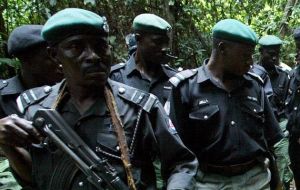
Describing the present state of institution will not be my duty today; it is an assignment for you – if you can be bothered. But while the Ibori trial II [about identity] was on, he was enlisted as one of his witnesses, the then Inspector general of police, Tafa Balogun. One of the dailies reported that, Mr Tafa Balogun was to give evidence in favour of Ibori after he had allegedly prepared an interim police report exculpating him. Balogun was reported to have allegedly collected heavy money from Governor Ibori to do the report. The deal reportedly leaked and the Presidency was said to have invited Tafa to Aso Rock where he was threatened with public disgrace, prosecution and dismissal. – I guess the threat was carried out, we all know how Tafa’s episode ended.
The police is expected to carry out unhindered/thorough investigation on accused persons and keep proper record of them for future references. Documents in the criminal justice system must match and not capriciously expunged. – I wonder when last police updated their mugshot record, if there is any!
When the police carry out comprehensive investigation, it reduces the burden of the prosecutor and the risk of convicting an innocent man. Let’s take a cue from Ibori’s waterloo in UK, he pleaded guilty when all the facts lay bare before him. That is a system that works – no bullshitting! – That guilty plea was what earned him 13 years in Scotland yard which might have been lengthier had he not pleaded so.
The Judge
A Judge exists to determine disputes and to examine with due care all matters before him, in his pursuit of justice. He is there not to trap any party or to set in motion what the parties have not brought before him. He is not the grand inquisitor envisaged by Dostoyevsky in his brother Karamazor. He is a judge governed by rules. At times, the judge is erroneously referred to as the court, the justification for this is that the judge is the Alpha and Omega of his temple, which the temple of justice. The judges are not to descend into the arena of conflict so the temple of justice is not smeared with the dirt and mire involved in fact finding.
A judge should not show any indignation that it does not want to see through justice, he is not to descend in to the area of conflict but he is not also meant to sit and fold his arms and watch injustice pervade his courtroom. It might be a long debate but I hold to the view that a judge will be per incuriam to say a sentencing can be in place without conviction, I think it can only be the other way round. It is a good thing that the appellate courts in quick succession ruled that there were both conviction and sentencing, it cannot be ignored that the initial decision of the court is least expected of a law student let alone a serving judge of the high court of Nigeria. – the only benefit of doubt I offer was that the judgement reeks of lazy attitude of some Judges in the country today who cannot be bothered when fat and sacred cows are brought to their court for slaughter.
COUNSEL
Oguntade J.C.A passage in Gomwalk v. Military Administrator of Plateau State[2] is quite succinct:
Counsels are officers of the court and the court should at all times be able to count on their support in the quest to attain Justice in litigation. He owes a duty not only to his client but also to the court. If he files an action in a court as soon as he finds out that the action is baseless, the only honourable thing to do is to withdraw that action. If he has appealed and then finds that there is no merit in the appeal and that it serves no useful purpose to pursue the appeal, he should also withdraw the appeal. It is not the duties of counsel to send the court on a wide goose chase which is of no benefit to the litigants concerned and which does not serve any useful purpose.
Yes, lawyers must eat not withstanding their allegiance to court is to aid effective administration of justice, unnecessary delays – called delay tactics should no longer be encourage as it in effects does negate justice.
The worthy justice is a justice in time.
In Ibori’s case, before the issue of identity was dispensed with by the high court in 2004, he had been re-elected and which even if the judgement had gone against him would have left a gap in government which is one of the things we are experience today. Instance is the election tribunal, where states have varying election years owing to the longevity in the dispensation of justice. I still hang the bulk of this blame on the counsel. I was in the high court one day in Nigeria two years ago, it was 2 weeks before the end of the legal year, a counsel declined a cross examination on the excuse that his health has sapped in the course of the day! All efforts by the sitting judge to get him to say exactly what was wrong with him were abortive which further led to the cross examination of the last witness to the next legal year. This was just an instance of many pranks played on the court by counsel. I can only assume that, if the cost of litigation is borne by counsel and clients alike, stalling will be a terrible option for counsel.
At this juncture, I wish to drop my pen which will not stop bleeding unless I stop it on the note that when outsiders fight out battle for you it comes as a cost. For the lazy ones, it might be the item to rejoice and merry. But for those I call statesmen/comrades, it is the time to brood and cover our faces in shame that we have been disappointed by the system that fails to work, defrauded by those at helms of affairs who cannot be bothered by the obvious and conspicuous truth, partly owing to their chauvinism and culpabilities. They are all guilty without charge. We should take a cue from the administration of justice in UK in this light, where Ibori has been convicted 3 times and none in Nigeria in the letters of law.
Benjamin Franklin said:
‘Justice will not be served until those who are unaffected are as outraged as those who are’
My questions are: Are you affected? Are you outraged?
I think not.
[2] [1998]7 NWLR (pt. 558)
